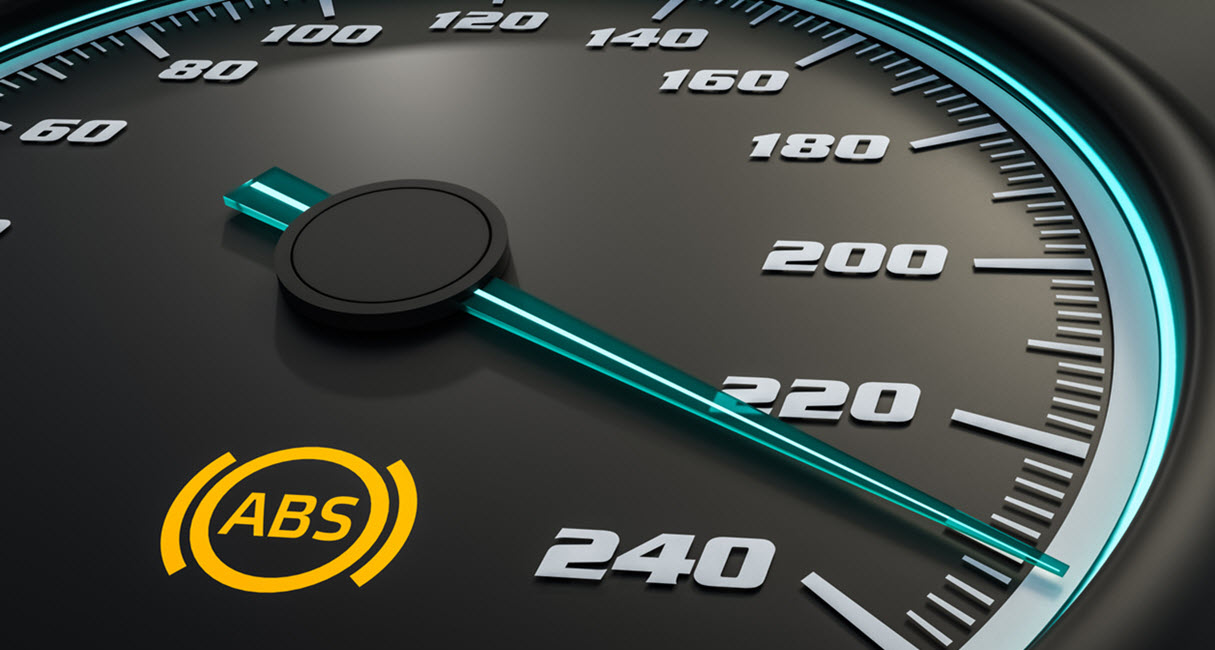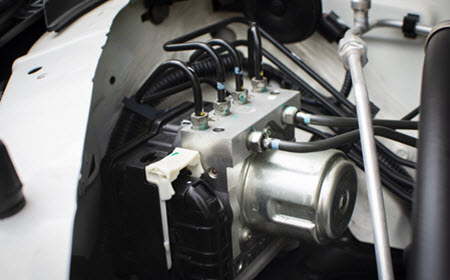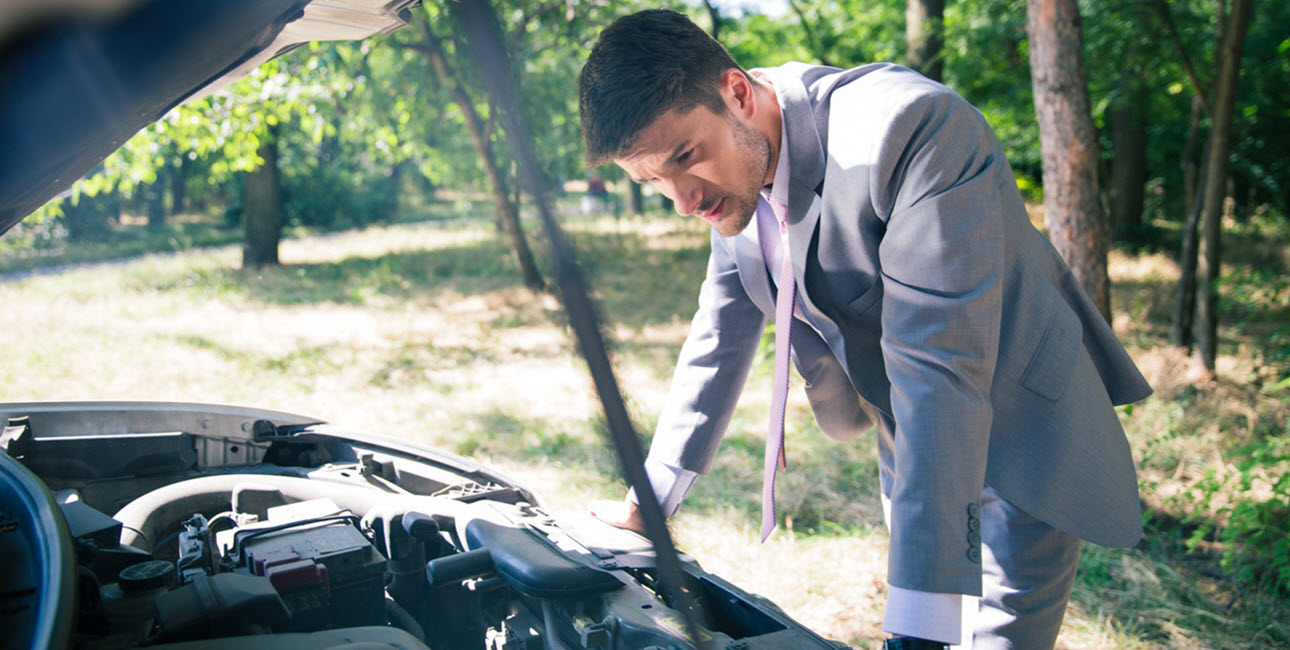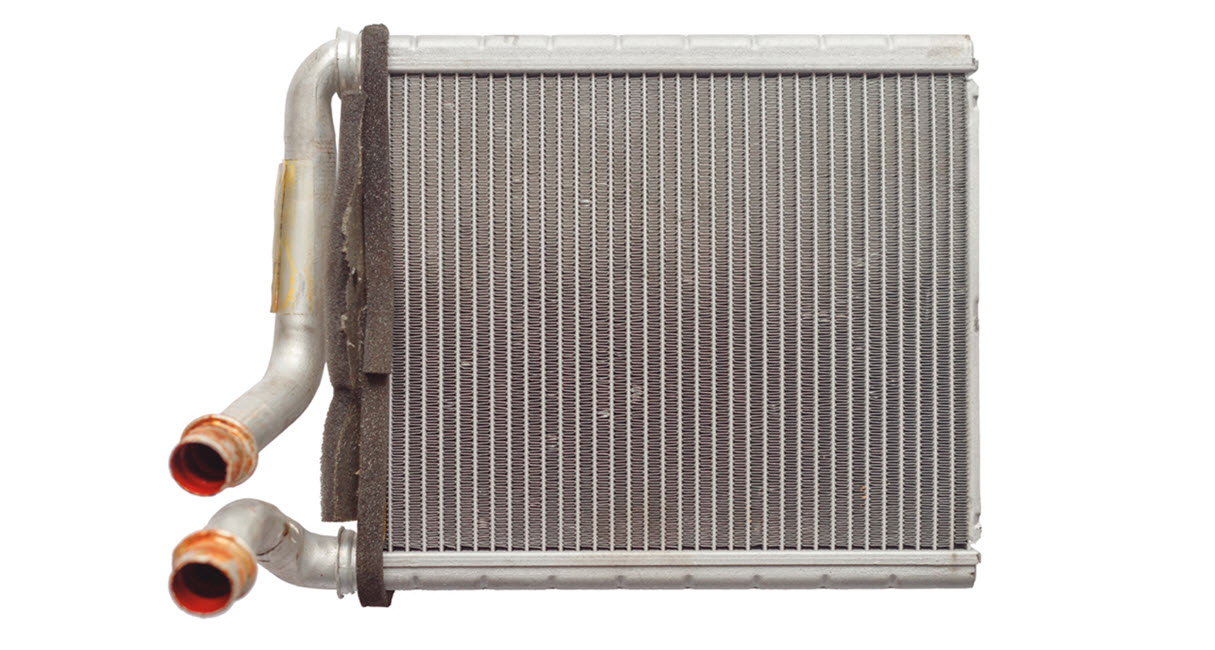
VW ABS Module Repair in Birmingham
When it comes to the safety of your VW on the road the ABS module is one of the very important components that should be in good shape. But what happens when it starts to malfunction? How do you resolve it, and what should you consider before engaging in a repair? Here’s a step-by-step guide to diagnosing and repairing the ABS module.
ABS Module Function
The ABS module is one of the components of the braking system that ensures safety on the road. It works with the wheel speed sensors to detect the speed of each wheel. When it senses that a wheel is about to lock up it then adjusts the brake pressure to prevent the car from skidding. This process guarantees that you will still be able to control the steering of your Volkswagen even in the event of an emergency braking.
Diagnosing ABS Module Issues
- Visual Inspection: First of all, perform a simple visual check of the ABS module and the connected parts. Check for any signs of visible damage, loose connections, or any sign of corrosion. Failure of the ABS could be caused by something as basic as a wire being disconnected.
- Diagnostic Scanner: Plug in an OBD-II scanner to diagnose the car for possible error codes about the ABS system. These codes can be used to isolate the problem. Examples of codes associated with an ABS issue are C0265, which stands for the circuit relay, and C0110, which is related to the pump motor circuit.
- Check Speed Sensors: The wheel speed sensors are very important in the ABS system of the car. A problem with one or more of the sensors may cause the ABS module to fail to work properly. To check the functionality of all the sensors, use a multimeter to measure the resistance and compare it with the manufacturer’s specifications.
Replacing the ABS Module
- Remove ABS Module: Start by isolating or removing the negative terminal of the battery to avoid short-circuiting during repair. The ABS module is normally placed close to the brake master cylinder but you can find its precise location in your vehicle’s manual. Loosen the connectors and brake lines from the old module without damaging the wires. Any mounting bolts should be unscrewed and the defective ABS module should be pulled out.
- Install a New ABS Module: After installing the new module, connect the electrical connectors and the brake lines back. Make sure that all screws, nuts, and bolts are tightened properly. Once you have placed the new module, you will have to bleed the brakes to get all the air out of the brake lines. This step is very important to achieve the right braking.
Preventative Maintenance
During the routine checks, ensure that you inspect the ABS system. Look at the ABS module whether there are signs of wear or any other damage. Check that all connections are clean and well-matched. Problems like corrosion or loose connections can cause the failure of an ABS module. If ever there is a need to replace any of the parts of the ABS system, it is recommended to use high-quality OEM parts.
This is to ensure that the new component is compatible and will not cause more problems when installed. When driving your car, do not apply brakes abruptly too often except in an emergency. When doing repairs or maintenance make sure that you patronize competent repair shops that are licensed to repair Volkswagen and other Import cars.
Stop At Franklin Automotive For Your Volkswagen’s Brake Repairs
We at Franklin Automotive specialize  in repairing Volkswagen and other Import vehicles, and this is why we are the go-to shop for drivers in Birmingham. Our Volkswagen specialists are well-versed in ABS module repairs, and we are ready and waiting to help get your car back in the safe and reliable state you need it to be.
in repairing Volkswagen and other Import vehicles, and this is why we are the go-to shop for drivers in Birmingham. Our Volkswagen specialists are well-versed in ABS module repairs, and we are ready and waiting to help get your car back in the safe and reliable state you need it to be.
We are based in Birmingham, AL and we offer services to clients from neighboring areas such as Hoover, Mountain Brook, Pelham, Trussville, Homewood, and Vestavia in Alabama. You can count on us for professional service and workmanship. Contact us for your next VW repair today!
 2880 Acton Road,
2880 Acton Road,





